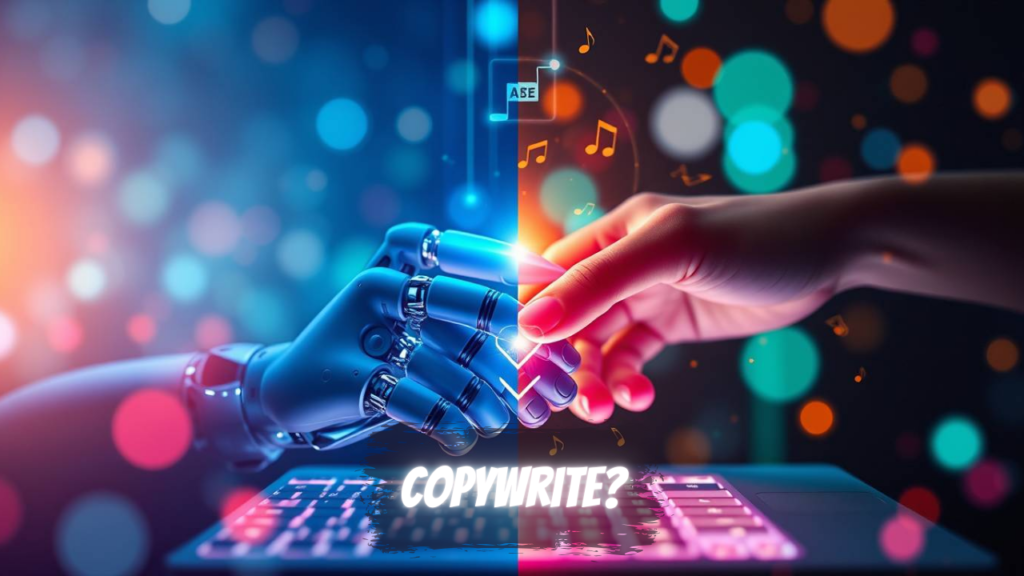In the dynamic world of marketing, as new technologies like AI continue to evolve, the question arises: Is copywriting still a valuable skill in 2025? In a conversation with Molly Pittman, CEO of Smart Marketer, and Alex, founder of Copy Posse, the future of copywriting amidst the rise of AI and automation was explored in depth.

Molly shared that 2024 was a particularly challenging year for marketers, with major shifts in the industry that made it harder for businesses to adapt. Despite the difficulties, she sees this period as an opportunity for newcomers to carve out their niche and make an impact. For marketers, this means learning to navigate the complexities of a changing landscape.
AI’s Dual Impact on Marketing
AI has undeniably transformed many aspects of marketing by improving efficiency and saving professionals significant time each week. However, Molly cautioned against over-relying on AI, especially when it comes to areas that demand human creativity and emotional intelligence—qualities that are at the heart of great copywriting.
The AI vs. Human Copywriting Debate
One of the most intriguing parts of the conversation revolved around AI-generated copy versus human-written content. Molly revealed that split tests between AI and human copy showed that, while AI can be a useful tool, it still cannot match the emotional depth, context understanding, and human strategy that copywriters bring to the table. In fact, human-written copy continues to outperform AI in terms of engaging audiences and driving conversions.
Paid Traffic Strategies for 2025
Drawing from her extensive experience managing over $600 million in ad spend, Molly shared the top paid traffic strategies for 2025. Central to these strategies is clear messaging, knowing your audience, and creating persuasive, compelling ad copy that resonates with people on an emotional level.
Creating Effective Ads: The Right Way
Molly also discussed the most common mistakes marketers make when writing ads. She walked through a tested process for crafting ads that not only grab attention but also inspire action. The right way to approach ad copywriting involves a deeper understanding of the target audience and a strategic, emotionally engaging narrative.
The Importance of Building Connection
Beyond the technical aspects of marketing, Molly and Alex emphasized the power of building genuine relationships within the industry. Connecting with mentors, peers, and colleagues can make all the difference in navigating the challenges of marketing and achieving long-term success.
Why Copywriting Remains Relevant in 2025
Despite the growing influence of AI, Molly’s take on copywriting is clear: it is far from obsolete. In fact, with AI taking over repetitive tasks and streamlining workflows, human copywriters now have more space to focus on what matters most—creating emotionally engaging, human-centered content that drives results.
In a world increasingly dominated by technology, the role of human creativity and storytelling remains indispensable. The ability to craft compelling narratives that connect with audiences is a skill that will continue to be highly sought after in 2025 and beyond.
Conclusion: Copywriting in the Age of AI
While AI is undoubtedly transforming marketing, it’s clear that copywriting is still a crucial skill. As the industry becomes more automated, the need for creative, strategic, and emotionally intelligent content has never been higher. For marketers, the key to success in 2025 is learning to harness AI while still maintaining the essential human touch in their copy.
